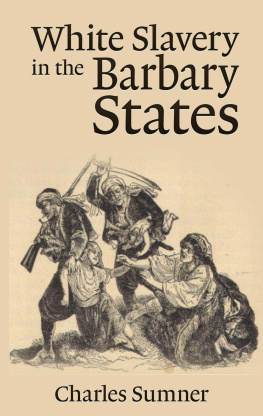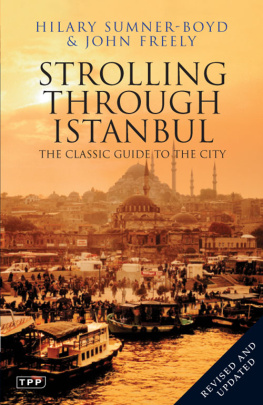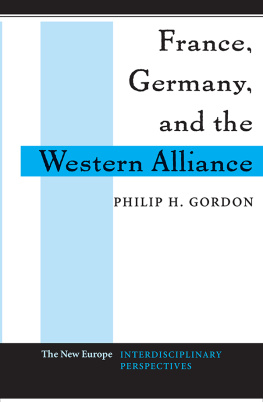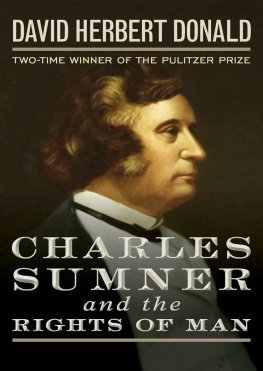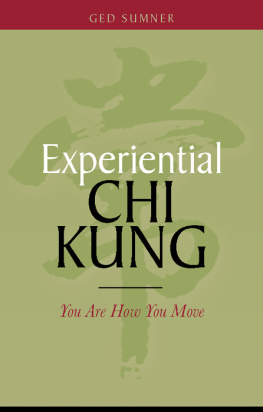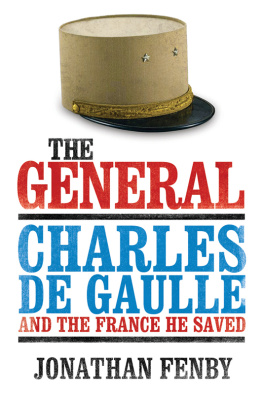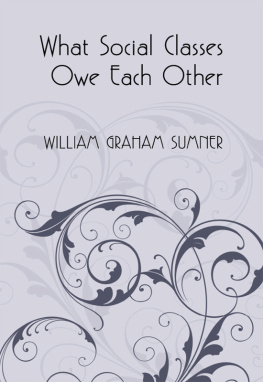WAR UNDER THE LAW OF NATIONS A DUEL.
But no classical authority is needed for this designation. War, as conducted under International Law, between two organized nations, is in all respects a duel, according to the just signification of this word,differing from that between two individuals only in the number of combatants. The variance is of proportion merely, each nation being an individual who appeals to the sword as Arbiter; and in each case the combat is subject to rules constituting a code by which the two parties are bound. For long years before civilization prevailed, the code governing the duel between individuals was as fixed and minute as that which governs the larger duel between nations, and the duel itself was simply a mode of deciding questions between individuals. In presenting this comparison I expose myself to criticism only from those who have not considered this interesting subject in the light of history and of reason. The parallel is complete. Modern war is the duel of the Dark Ages, magnified, amplified, extended so as to embrace nations; nor is it any less a duel because the combat is quickened and sustained by the energies of self-defence, or because, when a champion falls and lies on the ground, he is brutally treated. An authentic instance illustrates such a duel; and I bring before you the very pink of chivalry, the Chevalier Bayard, "the knight without fear and without reproach," who, after combat in a chosen field, succeeded by a feint in driving his weapon four fingers deep into the throat of his adversary, and then, rolling with him, gasping and struggling, on the ground, thrust his dagger into the nostrils of the fallen victim, exclaiming, "Surrender, or you are a dead man!"a speech which seemed superfluous; for the second cried out, "He is dead already; you have conquered." Then did Bayard, brightest among the Sons of War, drag his dead enemy from the field, crying, "Have I done enough?" [Footnote: La tresjoyeuse, plaisante et recreative Hystoire, composee par le Loyal Serviteur, des Faiz, Gestes, Triumphes et Prouesses du Bon Chevalier sans Paour et sans Reprouche, le Gentil Seigneur de Bayart: Petitot, Collection des Memoires relatifs a l'Histoire de France, Tom. XV. pp. 241, 242.] Now, because the brave knight saw fit to do these things, the combat was not changed in original character. It was a duel at the beginning and at the end. Indeed, the brutality with which it closed was the natural incident of a duel. A combat once begun opens the way to violence, and the conqueror too often surrenders to the Evil Spirit, as Bayard in his unworthy barbarism.
In likening war between nations to the duel, I follow not only reason, but authority also. No better lawyer can be named in the long history of the English bar than John Selden, whose learning was equalled only by his large intelligence. In those conversations which under the name of "Table-Talk" continue still to instruct, the wise counsellor, after saying that the Church allowed the duel anciently, and that in the public liturgies there were prayers appointed for duellists to say, keenly inquires, "But whether is this lawful?" And then he answers, "If you grant any war lawful, I make no doubt but to convince it." [Footnote: Table- Talk, ed. Singer, London, 1856, p. 47,Duel.] Selden regarded the simple duel and the larger war as governed by the same rule. Of course the exercise of force in the suppression of rebellion, or in the maintenance of laws, stands on a different principle, being in its nature a constabulary proceeding, which cannot be confounded with the duel. But my object is not to question the lawfulness of war; I would simply present an image, enabling you to see the existing war in its true character.
The duel in its simplest form is between two individuals. In early ages it was known sometimes as the Judicial Combat, and sometimes as Trial by Battle. Not only points of honor, but titles to land, grave questions of law, and even the subtilties of theology, were referred to this arbitrament, [Footnote: Robertson, History of the Reign of Charles V.: View of the Progress of Society in Europe, Section I. Note XXII.]just as now kindred issues between nations are referred to Trial by Battle; and the early rules governing the duel are reproduced in the Laws of War established by nations to govern the great Trial by Battle. Ascending from the individual to corporations, guilds, villages, towns, counties, provinces, we find that for a long period each of these bodies exercised what was called "the Right of War." The history of France and Germany shows how reluctantly this mode of trial yielded to the forms of reason and order. France, earlier than Germany, ordained "Trial by Proofs," and eliminated the duel from judicial proceedings, this important step being followed by the gradual amalgamation of discordant provinces in the powerful unity of the Nation,so that Brittany and Normandy, Franche-Comte and Burgundy, Provence and Dauphiny, Gascony and Languedoc, with the rest, became the United States of France, or, if you please, France. In Germany the change was slower; and here the duel exhibits its most curious instances. Not only feudal chiefs, but associations of tradesmen and of domestics sent defiance to each other, and sometimes to whole cities, on pretences trivial as those which have been the occasion of defiance from nation to nation. There still remain to us Declarations of War by a Lord of Frauenstein against the free city of Frankfort, because a young lady of the city refused to dance with his uncle,by the baker and domestics of the Margrave of Baden against Esslingen, Reutlingen, and other imperial cities,by the baker of the Count Palatine Louis against the cities of Augsburg, Ulm, and Rottweil,by the shoe-blacks of the University of Leipsic against the provost and other members,and by the cook of Eppstein, with his scullions, dairy-maids, and dish-washers, against Otho, Count of Solms. [Footnote: Coxe, History of the House of Austria. (London, 1820) Ch. XIX., Vol. I. p. 378.] This prevalence of the duel aroused the Emperor Maximilian, who at the Diet of Worms put forth an ordinance abolishing the right or liberty of Private War, and instituting a Supreme Tribunal for the determination of controversies without appeal to the duel, and the whole long list of duellists, whether corporate or individual, including nobles, bakers, shoe-blacks, and cooks, was brought under its pacific rule. Unhappily the beneficent reform stopped half-way, and here Germany was less fortunate than France. The great provinces were left in the enjoyment of a barbarous independence, with the "right" to fight each other. The duel continued their established arbiter, until at last, in 1815, by the Act of Union constituting the Confederation or United States of Germany, each sovereignty gave up the right of war with its confederates, setting an example to the larger nations. The terms of this important stipulation, marking a stage in German unity, were as follows:



